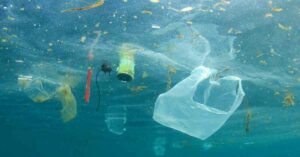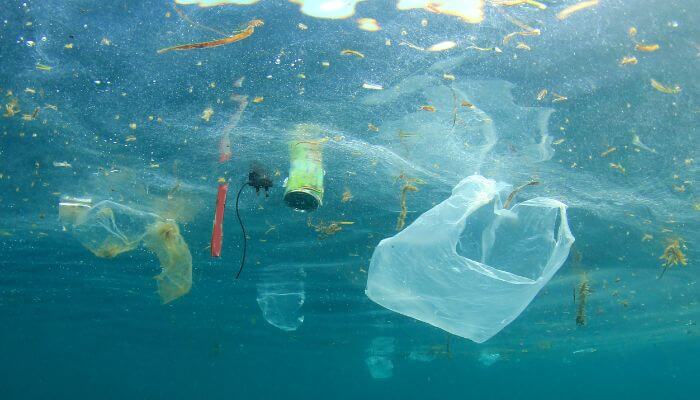
Pro-Palestinian Demonstrators Block U.S Military Ship Suspected Of Carrying Weapons To Israel
November 7, 2023
Columbia Aims To Retrieve Decades-Old Treasure From “Holy Grail Of Shipwrecks”
November 7, 2023
Scientists in Japan have made a significant advancement in the field by creating a novel plastic material.
This new plastic, called VPR, has unique qualities that have the potential to completely change how we view and use plastics in our daily lives.

Although the durability of plastics has long been praised, there are significant environmental issues related to this resilience.
A group at the University of Tokyo developed a plastic material based on vitrimers, an epoxy resin, to solve this issue.
It is well known that these vitrimers are firm at room temperature and malleable when heated, enabling moulding and reshaping.
However, the addition of a molecule known as polyrotaxane allowed the researchers to improve the vitrimer method.
As a result, VPR is an impressive plastic that has many advantages over other similar products. VPR can heal after being slashed with a scalpel when heated to 150°C for just one minute.
Moreover, VPR possesses a remarkable capacity to remember and retain its previous shapes. For instance, when heated and moulded into the form of a crane, it can spontaneously return to that shape. Its exceptional capacity for self-healing outperforms other materials of the same kind.
The recyclability of VPR is yet another exceptional quality. Its easy disintegration into its constituent parts makes recycling in both industrial and natural settings possible.
Its molecular bonds can be effectively broken down by applying heat and a particular solvent, resulting in the raw materials that can be used again.
Even when thrown into the environment, VPR poses less environmental risk than regular plastics.
The scientists submerged VPR in seawater for 30 days to demonstrate this. It is biodegraded by 25%, releasing molecules that might have a remarkable ecological benefit, namely feeding marine life.
Lead researcher Shota Ando of the study stated that “VPR is over five times more resistant to breaking compared to a typical epoxy resin vitrimer,” highlighting the remarkable qualities of the material.
In comparison to a typical vitrimer, it can also repair itself 15 times faster, regain its original memorised shape twice as quickly, and be chemically recycled ten times faster.
It even safely decomposes in a marine environment, which is unprecedented for this material.
Reference- New Atlas
Japanese Scientists Discover Self-healing Plastic For Marine Conservation appeared first on Marine Insight – The Maritime Industry Guide
Source: Maritime Shipping News


